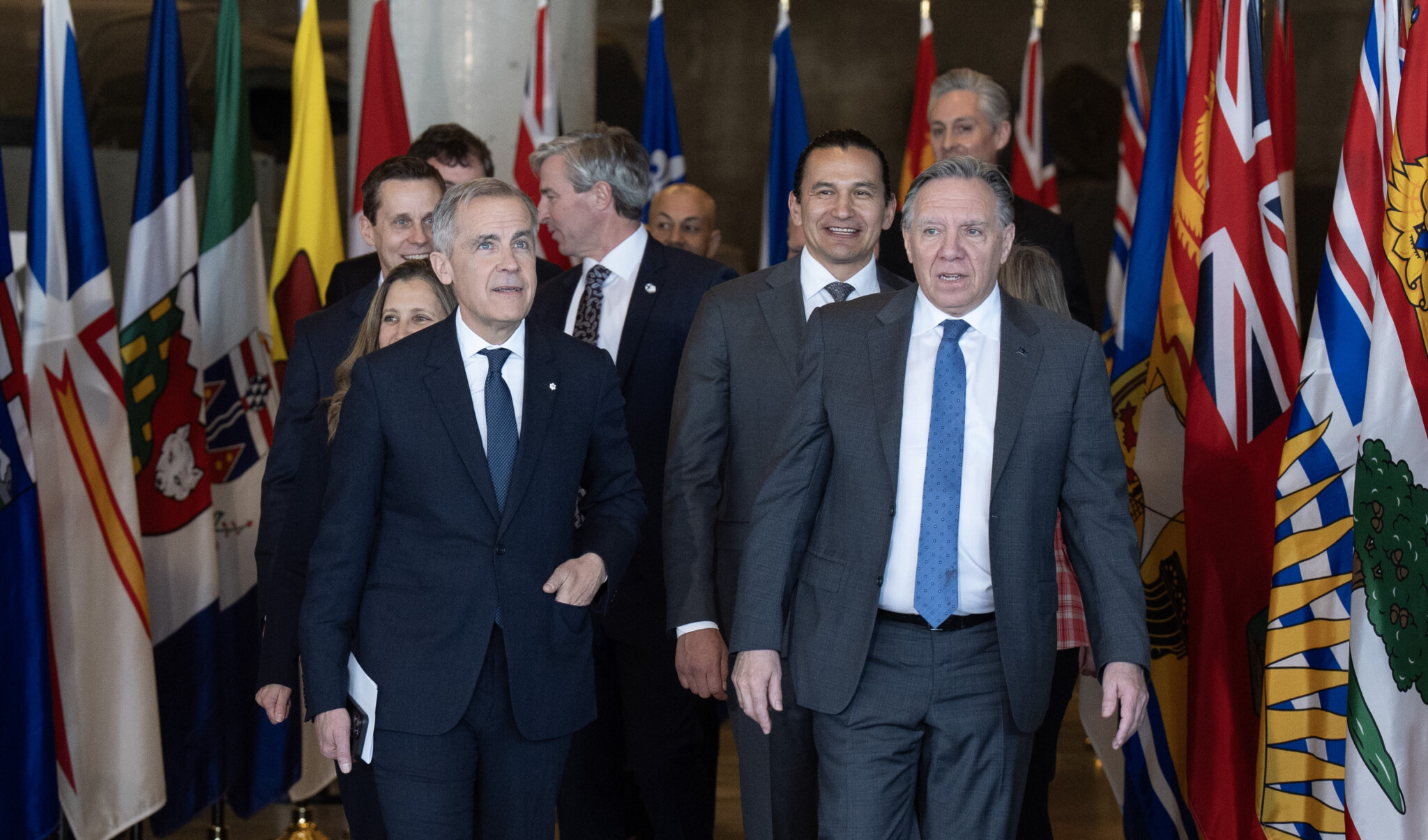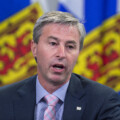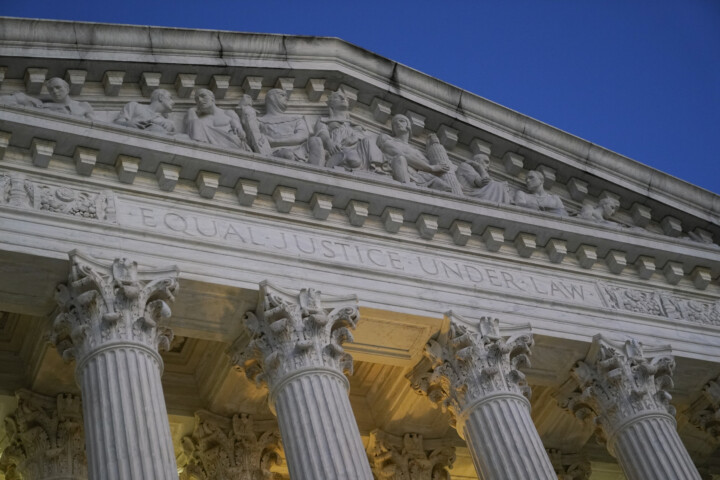Welcome to Need to Know, The Hub’s twice-weekly roundup of expert insights into the biggest economic stories, political news, and policy developments Hub readers need to be keeping their eyes on.
A bold reform to restructure federal-provincial relations for good
By Sean Speer, The Hub’s editor-at-large
This week’s first ministers’ meetings are unlikely to produce much more than photo ops and platitudes. But imagine if they did.
One of the most consequential reform our political leaders could pursue is a fundamental rethinking of fiscal federalism. It could involve for instance Ottawa vacating the GST and transferring tax room to the provinces in the form of tax points in order to give them far greater autonomy to fund and shape health care and other areas of exclusive provincial jurisdiction.
In exchange, Ottawa would withdraw the Canada Health Transfer and other major transfers that blur lines of accountability and impose national standards at the expense of provincial autonomy. Provinces would be empowered to tax and spend in areas they are constitutionally responsible for—without federal strings attached. Equalization would remain and perhaps even be bolstered to account for the uneven value of the sales tax points. But the result would be a cleaner and more coherent form of federalism.
(By coincidence, this year the GST is projected to raise $55.4 billion while the CHT is set to cost $54.7 billion. So it would essentially amount to a fiscal wash for Ottawa.)
Such a reform would breathe new life into the vision of “watertight compartments” embedded in our Constitution: federal and provincial governments as exclusive masters of their domains. It would also liberate Ottawa to focus its finite fiscal capacity on growing national demands under Section 91, including defence, intelligence, and foreign policy. These are no longer sleepy files. They are core imperatives in a world marked by geopolitical instability.
Of course, none of this will happen. Ottawa enjoys the policy leverage and political credit that comes with conditional transfers. And provinces like blaming Ottawa when services falter. Blurred accountability perversely serves them both.
But if our leaders want to do something bold, they would use this week’s meetings to reconceptualize the fiscal architecture of the country. Taxation powers would follow jurisdictional responsibility. Clear lines of political accountability would be restored. And we might just rediscover the institutional wisdom built into our federal system.
No, Canada is not going to ditch the U.S. and become BFFs with China
By David Polansky, a Toronto-based writer and research fellow with the Institute for Peace & Diplomacy
For some months now, ever since Trump first announced the possibility of tariffs on Canadian goods and began mooting the idea of Canada becoming the “51st state,” we have seen a drumbeat of growing Canadian anger against the United States. It has lately reached such a tempo as to spill over to American periodicals.
Such expressions of pique are temporarily satisfying, but eventually, they’re likely to want a solution. Such a solution has presently been found: to pivot economically and diplomatically (and beyond that, who knows?) toward the People’s Republic of China.
This strategic choice actually has a name in international relations theory: balancing vs bandwagoning—i.e., allying with a great power for protection or trying to counter it by allying with its rival(s).
Canada has historically pursued a de facto policy of bandwagoning; even on occasions of rhetorical distance, it has maintained deep economic ties and relied upon the United States’ sizable force structure for much of its security. To take an easy recent example, when a lunatic recently commandeered a plane out of Victoria International Airport, it was the United States that scrambled its jets to intercept and force the hijacker to land. This is, in fact, a perfectly sensible position given its geographic proximity, smaller population, and generally compatible regime.
Tilting toward China, meanwhile, goes well beyond “elbows up” rhetoric to geostrategic policymaking. The trouble is not just that Canada lacks the material capabilities to be a meaningful player in geopolitical contests in the Pacific. It is that Canada’s domestic law enforcement and intelligence services have already proven woefully ill-equipped to deal with the CCP’s subversive activities within the country—ones that are surely more significant than disputes over dairy industry protectionism from the standpoint of state sovereignty.
Is Canada really prepared to play at this level? Excitable editorials aside, all indications point to: not really.








